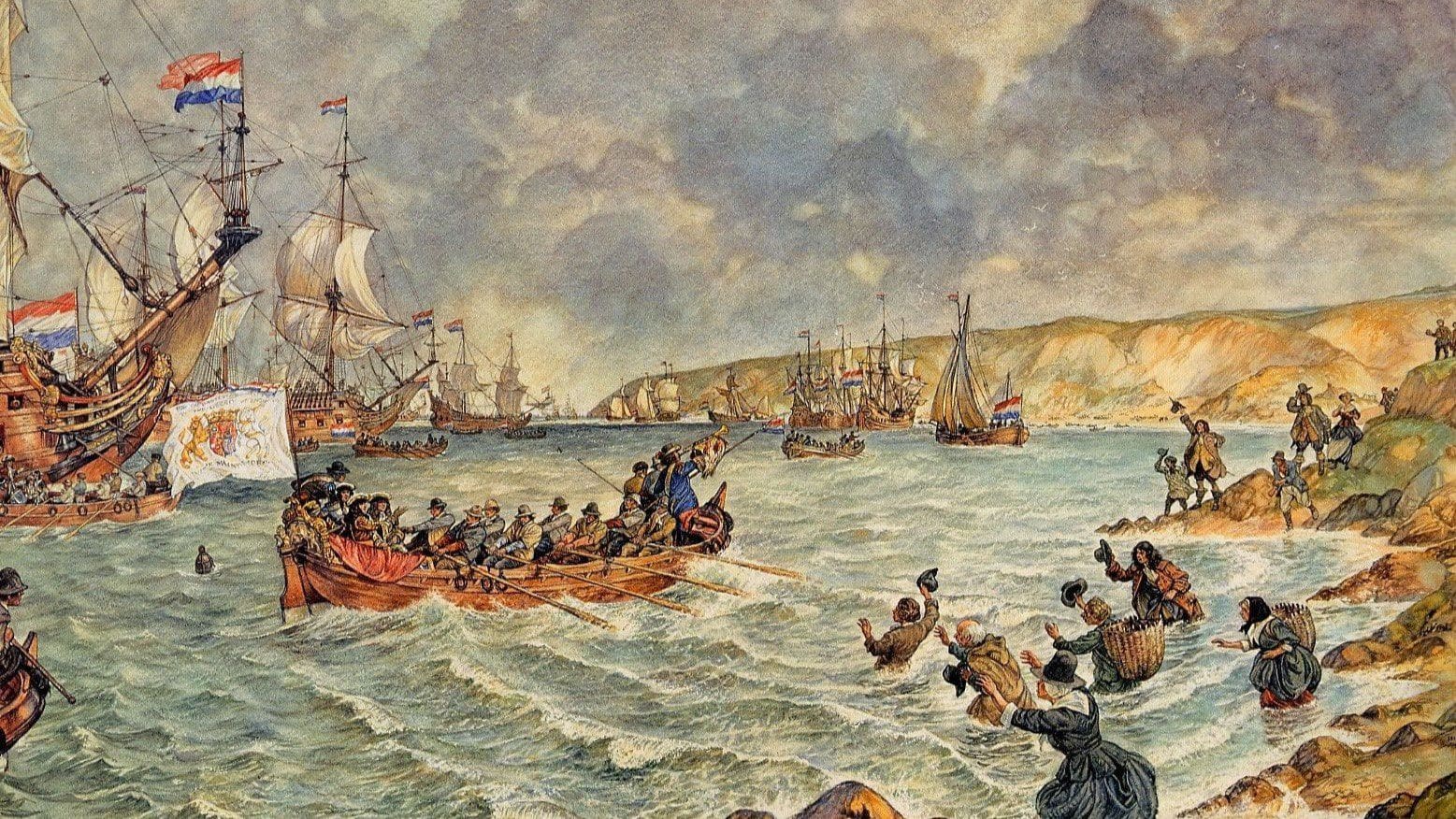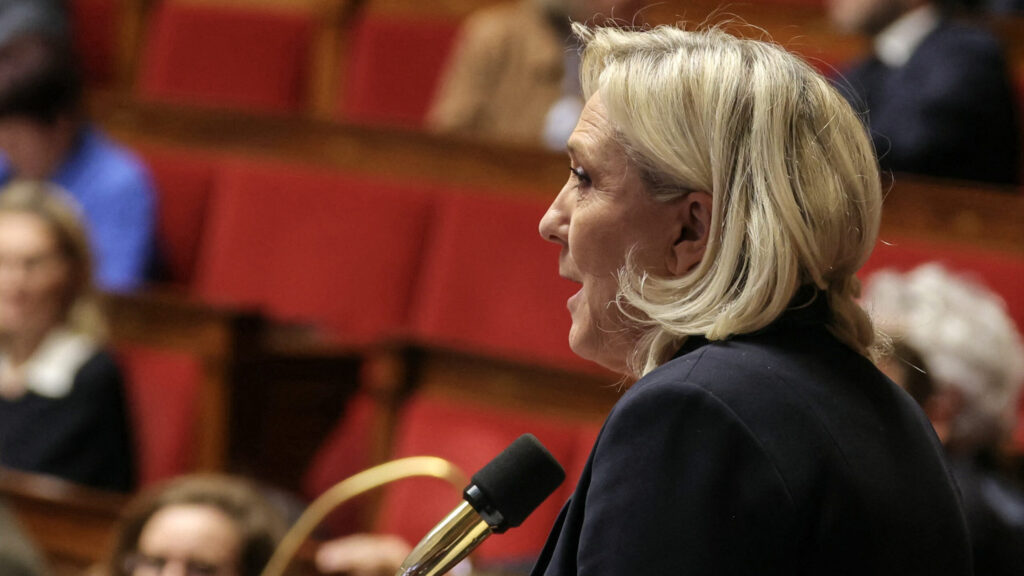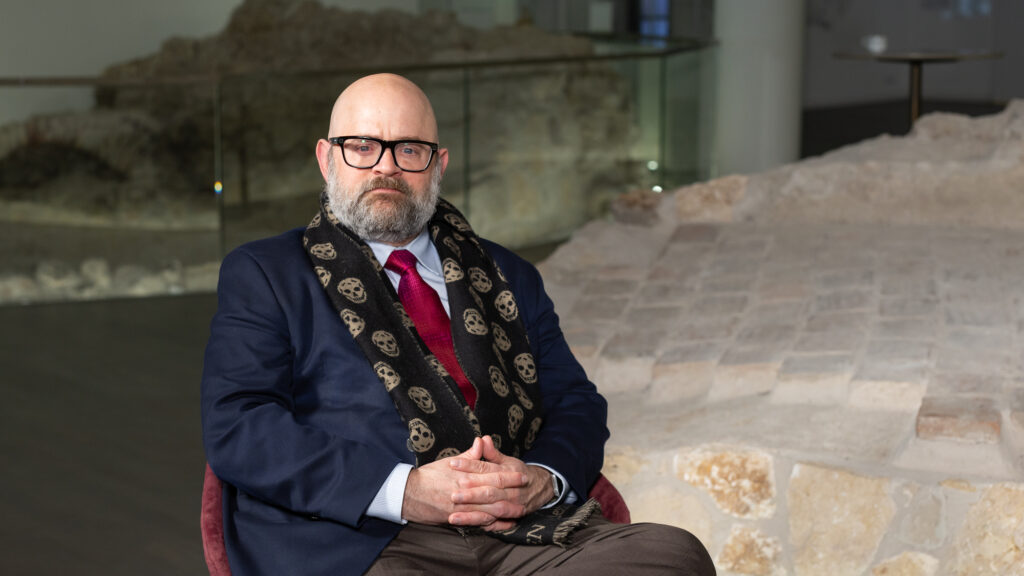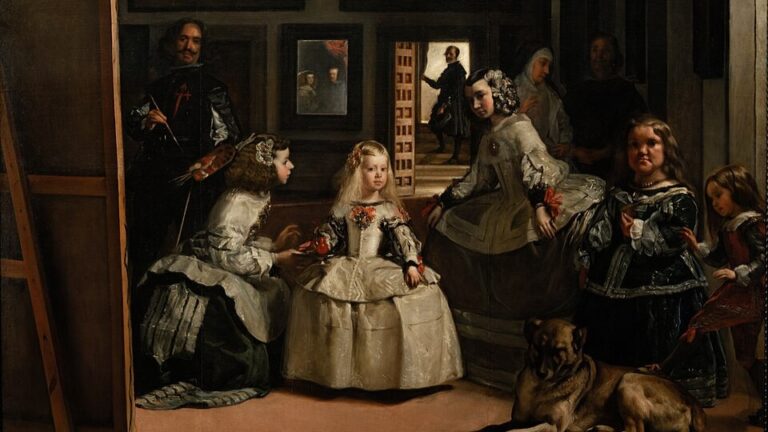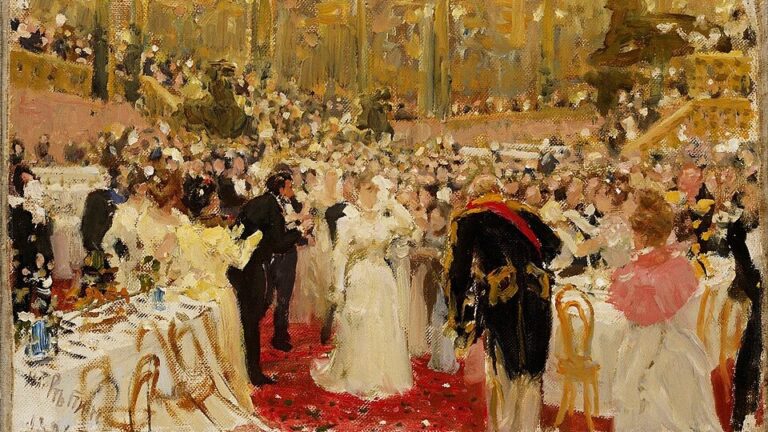Edmund Burke is traditionally considered the intellectual father of modern conservatism. Hungarian Conservative has already reviewed his most well-known work, Reflections on the Revolution in France. The present essay will discuss Burke’s ideas about democracy.
Edmund Burke was not a democrat. He did not ‘qualify’ as such, neither by modern nor early modern standards. In fact, he was one of the most avowed critics of popular democracy, a form of government—or rather idea—still nascent, and not widely practiced during the late 1700s. However, as opposed to Joseph de Maistre, Louis de Bonald, and other conservatives, Burke was also a critique of the absolute monarchy. According to him, the source of power was not divine right, but rather a non-liberal form of social contract, similar to what Thomas Hobbes described. Burke therefore believed that each society has made a deal with their sovereign, entrusting them with ultimate power. However, Burke differed from Hobbes in the sense that the previous approved power-sharing between educated or able citizens and the King. Burke also argued that minor constitutional changes can and should sometimes occur, even in defiance of the Crown. Thus, Burke saw the Glorious Revolution of 1688, when the British dethroned the absolutistic-prone Stuarts in favour of William of Orange, as a positive development.
To sum up, Burke was a firm believer in constitutional monarchy, and of a representative parliamentary system, with a census suffrage. He saw the nineteenth century British system—shaped by the Glorious Revolution and the Bill of Rights—as more or less ideal. In his view, expressed in the ‘Reflections’, the Glorious Revolution however was a once-in-a-lifetime event, which cannot and should not be repeated.
Suffrage and Representation
According to Burke,
popular will, similarly to the royal one, was not absolute.
He famously claimed that the past and future generations also have a ‘suffrage’, and therefore political changes were to be made cautiously. Thus, he argued that while the Glorious Revolution changed the British system, it was more of a necessary reform of safeguarding basic rights and guarantees against tyranny, rather than an actual revolution.
Burke believed in a representative, parliamentary system. He was against recalls, and generally any popular attempt to scrutinise representatives beyond the ballot box. For him, deputies were not envoys or vessels of the crude popular will, but rather elected officials, who were to act on their consciousness, instead of hints from the voters. As early as 1774, in the ‘Speech to the Electors at Bristol at the Conclusion of the Poll’, Burke said: ‘Your Representative owes you, not his industry only, but his judgment; and he betrays, instead of serving you, if he sacrifices it to your opinion.’ Therefore, for him, the voters’ role ended upon casting their ballot, and for the term of their mandate, the elected deputies were free to act as they saw fit.
The Form of Government and the Source of the Rights
Burke was also a supporter of the constitutional monarchy. He saw the person of the monarch as a counterbalance against popular will and politicians. Similarly, he considered the role of the aristocracy as a social elite important in a similar sense. He was sceptical of democracy for multiple reasons. For one, Burke saw the general population as not knowledgeable enough to make informed decisions. Second, he thought that
the masses were also too vulnerable to the propaganda of demagogues.
And third, he considered it necessary that the upper-class elites should be able defend minorities from the masses and the majority rule.
For Burke, the rights and freedoms of the people derived from traditions and legal documents, like the Magna Charta, as opposed to being given by nature or God to all persons. Behind this lied the conservative view that rights and freedoms vary in different societies, and so do the political systems. Instead of an abstract, metaphysical idea of rights, Burke preferred national tradition as their source. Debating Richard Price, a radical British thinker of the time, Burke detailed how, according to him, citizens of a nation had no right to change the form of government of their respective country with disregard to its traditions and ancestral values. As opposed to Price, who saw rights and freedoms as natural and equal, as well as the form of government as open to change, Burke argued for ‘listening’ to the previous generations.
Thus, for Burke, political rights were not natural and universal, but rather dependent on the history and culture of each nation. He considered the legal status quo as more or less ideal, arguing against democracy and republic, in defence of the British constitutional monarchy and census suffrage.
Conclusion
Burke’s views on democracy have lessons for all political sides. He argued very effectively against majoritarian views, demonstrating that just because ‘the people’ momentarily wish for something, it is not always the right or moral decision, especially, when popular will is defined as a practical snapshot of what ‘50 per cent plus one’ of eligible voters wish for. Therefore, he reminded of the importance of checks and balances, and warned against the fashionable idea of dismissing experts and ‘elites’, while relying on the swinging mood of the general population. On the other hand, he also demonstrated that
a political system proven to be beneficial in one country cannot always be exported to another.
According to Burke, each nation has their own constitution, detailing the political rights of the citizens and form of government. Therefore, while liberals are often staged, or indeed stage themselves, as the ‘institutionalists’, Burke offers us a conservative interpretation of respect for institutions. For him, the institutions of the respective states are the framework to work within. However, as opposed to the liberals, he recognised that these institutions could not be changed according to whims and popular, fashionable ideas of the times, and that a set of institutions working in one nation may not work in another. Burke’s critique of democracy, at the same time, also serves as valuable warning against the risks of the fashionable populism and anti-establishmentarianism of today.
Related articles:

